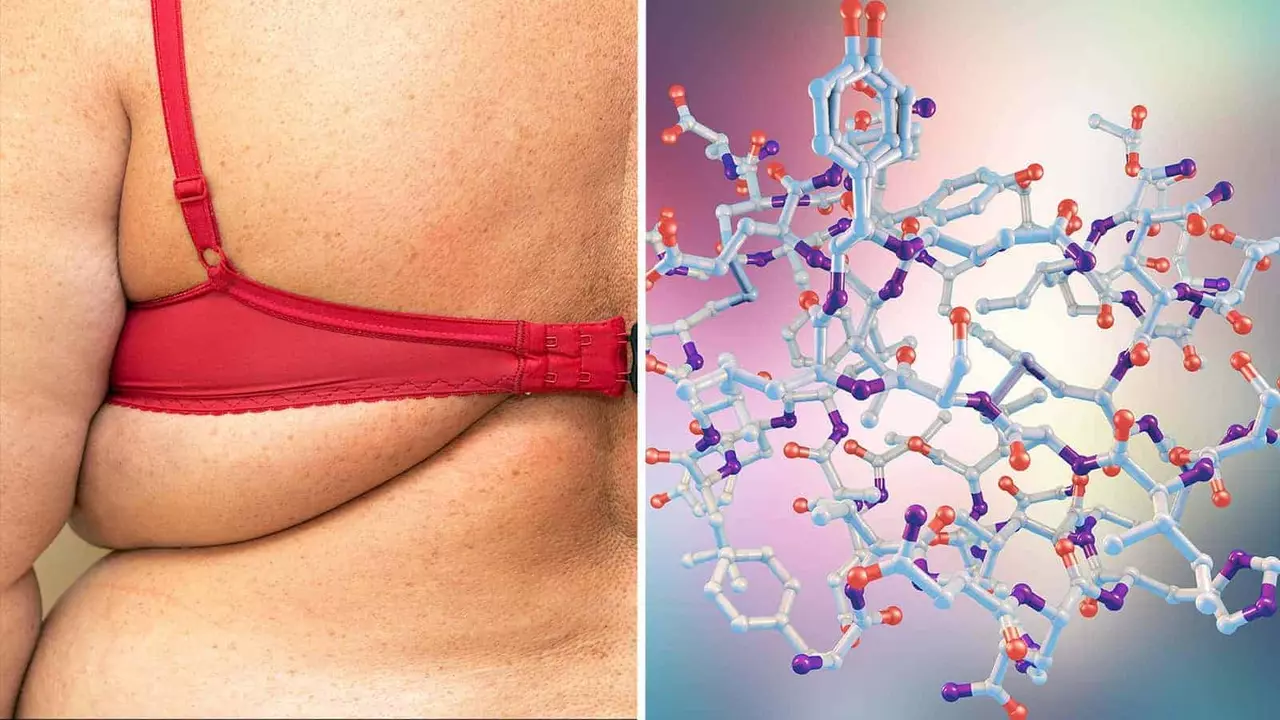Hives Relief: What Triggers Them and How to Calm the Itch
If you’ve ever woken up with red, raised welts that itch like crazy, you know hives can ruin a day. These itchy bumps—also called urticaria—appear when your skin reacts to something it sees as a threat.
Why Hives Show Up
Most hives are caused by an allergic reaction. Common triggers include foods like nuts or shellfish, medications such as antibiotics, insect bites, and even temperature changes. Stress can also flip the switch, making your immune system over‑react.
Sometimes the cause is hidden—what doctors call "idiopathic" hives. In those cases, it’s still safe to treat the symptoms while you hunt for a pattern.
How to Cool Down the Itch Fast
First thing: stop scratching. Scratching can make the welts bigger and lead to infection. Apply a cool compress or an ice pack wrapped in a cloth for 10‑15 minutes. This numbs the skin and reduces swelling.
Over‑the‑counter antihistamines like cetirizine, loratadine, or diphenhydramine work well for most people. Take them as directed; they usually start calming symptoms within an hour.
If you need faster relief, a topical cream with calamine or hydrocortisone can soothe the area. Just avoid strong fragrances that could irritate further.
For persistent or severe hives—those that last more than a few days or spread quickly—call your doctor. Prescription steroids or stronger antihistamines may be needed, especially if you have trouble breathing.
While waiting for medical help, stay hydrated and wear loose cotton clothing to let the skin breathe. Keep the environment cool; heat often makes hives flare up.
Prevention is half the battle. Track foods, meds, or activities that precede a breakout. If you suspect an allergy, ask your doctor about testing.
Remember, most hives are harmless and clear up on their own within 24‑48 hours. Knowing the triggers and having a quick‑action plan can keep them from ruining your day.

The Connection Between Hives and Hormones: What Women Should Know
In my recent exploration into health issues, I stumbled across a fascinating link between hives and hormones, specifically in women. It turns out, hormonal fluctuations in women, especially during periods, pregnancy, or menopause, can trigger hives. It's down to an allergic reaction to the body's own estrogen. This isn't a widely-known fact, so it's important for us ladies to educate ourselves and seek medical help if we experience unexpected, persistent hives. Better understanding our bodies can lead to more effective healthcare decisions and overall wellbeing.
read more